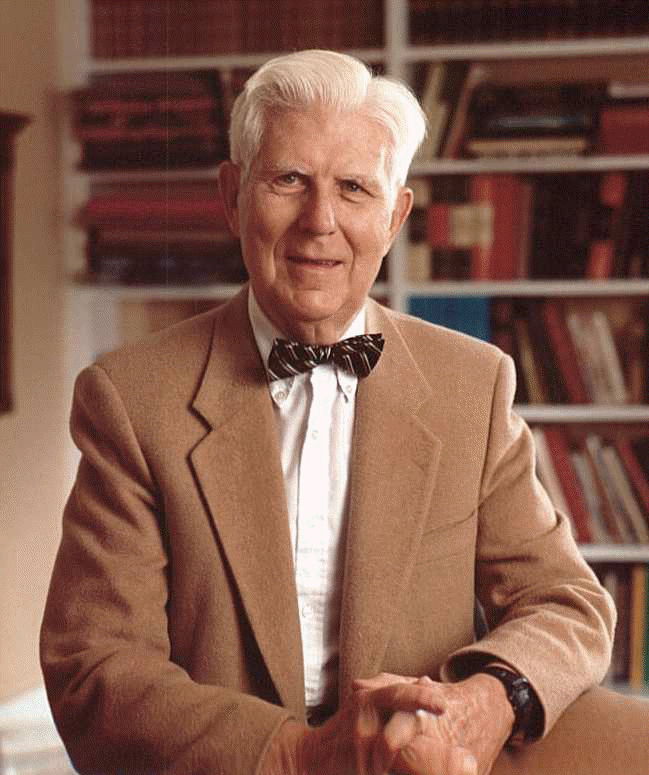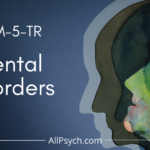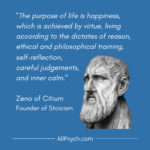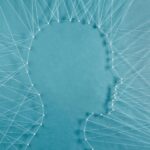Aaron Beck, MD
1921-2021
 Aaron Beck was born on July 18, 1921, in Providence, Rhode Island. He was the youngest of five children and grew up in a Jewish family. Beck's father was a successful businessman, and his mother was a homemaker. Beck attended Brown University and graduated in 1942 with a degree in humanities. He then went on to attend the Yale School of Medicine, where he received his M.D. in Psychiatry in 1946.
Aaron Beck was born on July 18, 1921, in Providence, Rhode Island. He was the youngest of five children and grew up in a Jewish family. Beck's father was a successful businessman, and his mother was a homemaker. Beck attended Brown University and graduated in 1942 with a degree in humanities. He then went on to attend the Yale School of Medicine, where he received his M.D. in Psychiatry in 1946.
Beck's early work was in psychoanalysis, and he conducted research on the psychoanalytic treatment of depression. However, he became dissatisfied with the lack of empirical support for psychoanalysis and began to explore alternative approaches to treatment. In the 1960s, Beck began to develop a cognitive approach to treatment, which emphasized the role of thought processes in the development and maintenance of psychological disorders.
Beck's cognitive approach to treatment was based on the idea that distorted or inaccurate thoughts are a precursor to depression and other psychological disorders. He identified specific patterns of thinking that were associated with depression and anxiety, such as negative self-talk and automatic negative or unhelpful thoughts. Beck believed that by identifying and changing these patterns of thinking, individuals could alleviate their symptoms and improve their overall mental health.
To better understand depression and related disorders, Beck developed several assessment tools, including the Beck Depression Inventory and the Beck Anxiety Inventory. These tools have become widely used in clinical and research settings and have helped to advance the understanding and treatment of depression and other psychological disorders through ongoing assessment of treatment progress.
In addition to his contributions to the field of psychology, Beck has received numerous awards and honors throughout his career. He was awarded the prestigious Albert Lasker Clinical Medical Research Award in 2006 for his groundbreaking work in cognitive therapy. Beck has also served as the president of several professional organizations, including the Academy of Cognitive Therapy and the Beck Institute for Cognitive Behavior Therapy.
He founded the Beck Institute in 1994 and continued to teach his approach to psychotherapy until his death on November 1, 2021. His daughter, Dr. Judith S. Beck, runs the institute and has continued her father's legacy of teaching and researching cognitive therapy. The work of both Dr. Aaron Beck and Dr. Judith Beck have had a significant impact on the field of psychology and has helped to improve the lives of countless individuals who suffer from depression and other psychological disorders.
Related AllPsych Articles

Read More

Read More

Read More

Read More

Read More

Read More

Read More

Read More

Read More

Read More

Read More

Read More

Read More

Read More

Read More

Read More

Read More

Read More

Read More

Read More

Read More

Read More

Read More

Read More